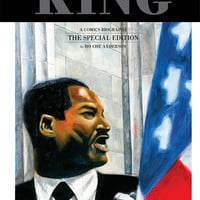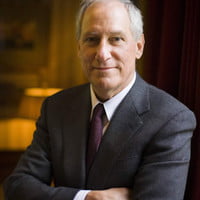What are the implications of the tension between storage and transmission for education, for individual and national identities, for notions of what is public and what is private?
“Free speech versus fear”: Chris Capozzola in the Boston Globe
“Wartime mobilization, Chris Capozzola argues, redefined the citizen’s relationship to the state.”
Podcast: “Comics and Social Conflict” with Ho Che Anderson, Jeet Heer and Diana Tamblyn
Why has historical material become so important for comics art?
Podcast and video: Robert Darnton, “Books and Libraries in the Digital Age”
Robert Darnton, director of the University Library and the Carl H. Pforzheimer University Professor at Harvard, discusses the emergence of the discipline of the history of the book, the future of books and reading, and his own vision of the ways in which new and old media can reinforce each other, strengthening and transforming the world of learning.
The Business of Broadband and the Public Interest: Media Policy for the Network Society
Media policy in the United States has, since its inception, been governed by the principle that infrastructure providers should serve “the public interest.”
Media in Transition 5: creativity, ownership and collaboration in the digital age
Our understanding of the technical and social processes by which culture is made and reproduced is being challenged and enlarged by digital technologies.
Revolutionizing History Education: Using Augmented Reality Games to Teach Histories
I designed “Reliving the Revolution” as a model for using AR games to teach historic inquiry, decision-making, and critical thinking skills.









